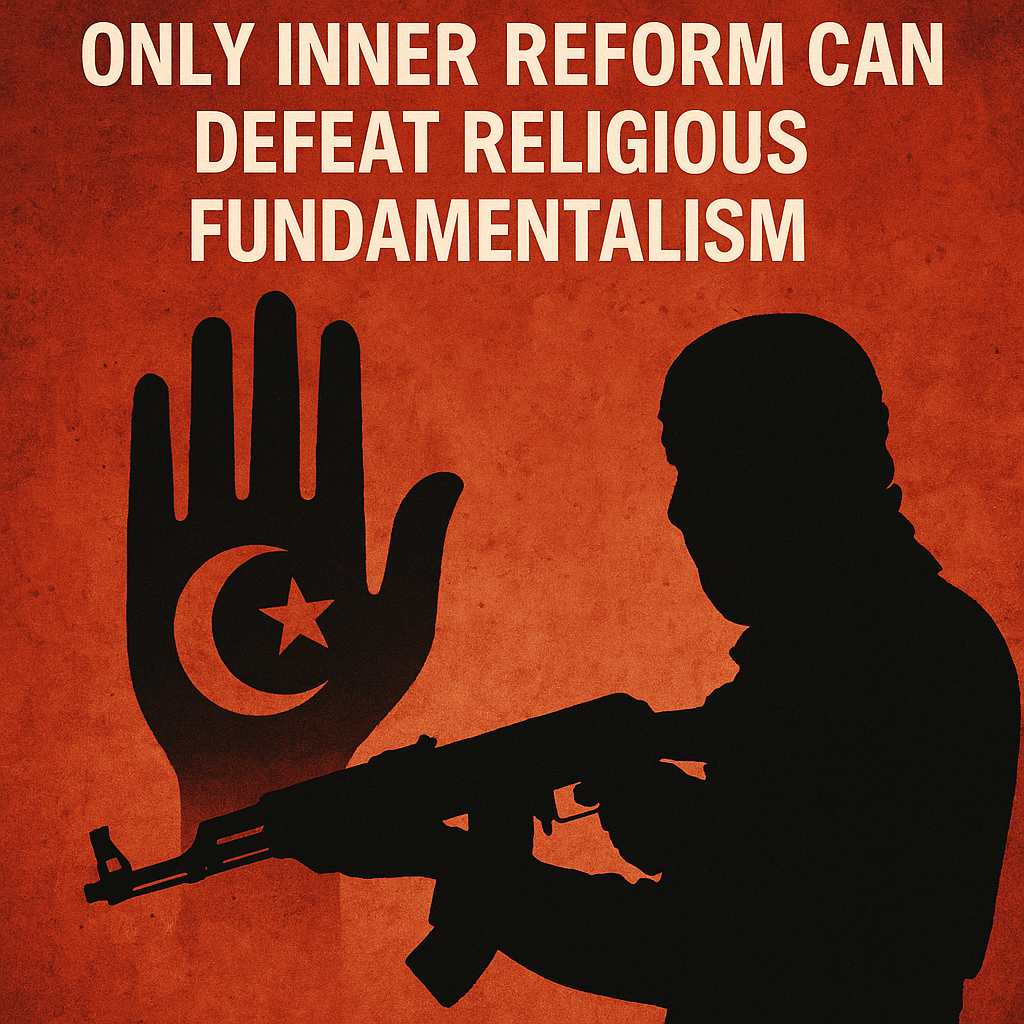On April 22, 2025, a devastating terrorist attack unfolded in the Baisaran meadow near Pahalgam, Jammu and Kashmir. Militants affiliated with The Resistance Front (TRF), an offshoot of the Pakistan-based Lashkar-e-Taiba, opened fire on a group of tourists, resulting in the deaths of at least 28 individuals and injuring over 20 others.
Around 2:50 PM local time, four to six gunmen, dressed in military-style uniforms, emerged from nearby forests and began shooting at tourists enjoying the scenic meadow. Survivors recounted that the assailants initially posed as policemen, asking for names before suddenly opening fire. Witnesses indicated that the attackers targeted non-Muslims, asking victims to recite the kalma and checking for circumcision, shooting those who failed these tests.
The victims included 24 Indian tourists from various states, two locals from Jammu and Kashmir, and two foreign tourists from Nepal and the United Arab Emirates. Among the deceased were a 26-year-old Indian Navy officer and an Intelligence Bureau official.
The Resistance Front claimed responsibility for the attack, citing opposition to the settlement of over 85,000 Indian “outsiders” in the region, which they allege is altering the demographic composition of Kashmir.
The attack drew widespread condemnation both domestically and internationally. Indian Prime Minister Narendra Modi cut short his visit to Saudi Arabia, vowing that those responsible would be brought to justice. Union Home Minister Amit Shah traveled to Srinagar to assess the situation and coordinate the security response.
International leaders also expressed their condemnation. U.S. President Donald Trump stated that the United States stands strong with India against terrorism, offering prayers for the victims and their families. Russian President Vladimir Putin described the attack as a “brutal crime” with no justification, emphasizing that the perpetrators would face deserved punishment.
Opinion
The Pahalgam terror attack is a heinous act that underscores the brutal reality of terrorism. The deliberate targeting and killing of innocent civilian tourists cannot be justified under any circumstances. Such actions are not a form of protest but are crimes against humanity that must be unequivocally condemned.
Even extremist groups should denounce this atrocity. The silence or tacit approval of such violence only perpetuates a cycle of hatred and undermines any legitimate political discourse. It is imperative that all factions, regardless of their ideologies, recognize that the targeting of civilians is unacceptable.

Furthermore, combating religious fundamentalism requires introspection and criticism from within the community. When members of a particular religion speak out against extremism in their midst, it carries more weight and can lead to meaningful change. External criticism often leads to defensiveness and further entrenchment of radical views. Therefore, it is crucial for communities to take responsibility and actively oppose the radical elements within their own ranks to prevent such tragedies in the future.
The Pahalgam attack is not just an act of terror; it is a call to action for all communities to reflect, reform, and reject the ideologies that fuel such violence. Only through collective introspection and proactive measures can we hope to prevent such tragedies in the future.

